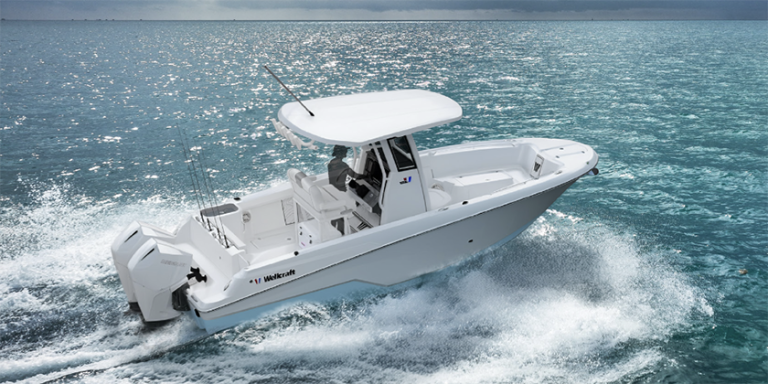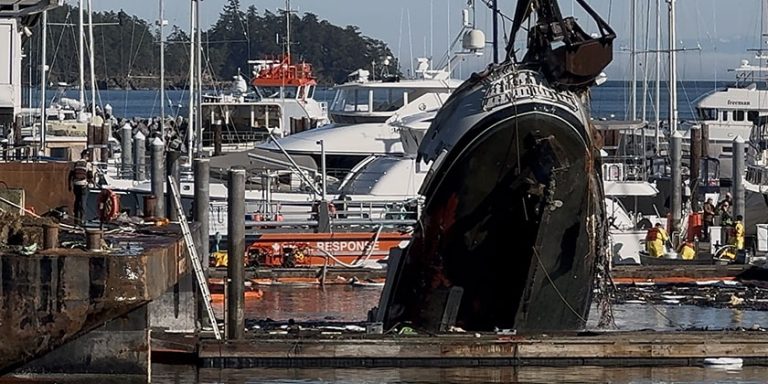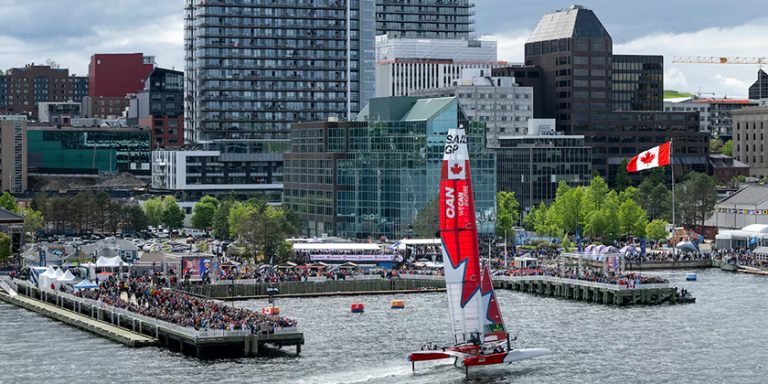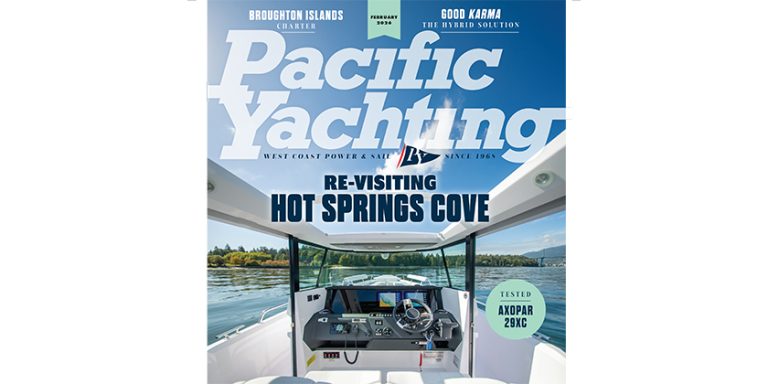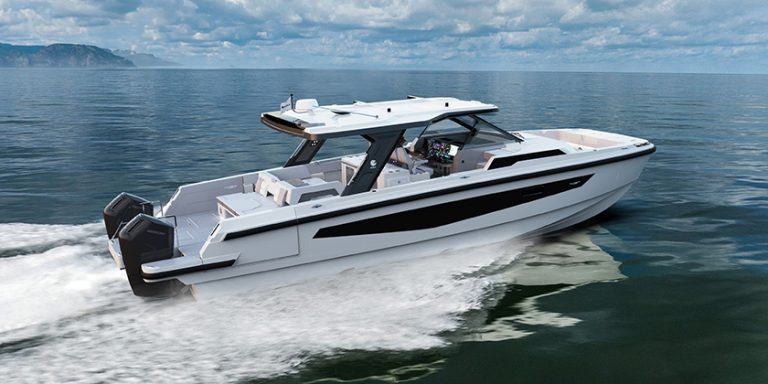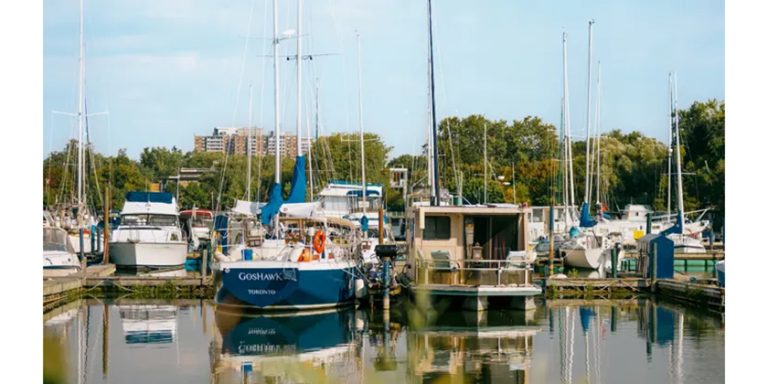You May Have to Take It With You
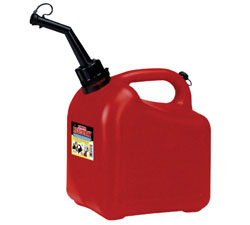
It’s an old joke; you can’t take it with you but when it comes to gasoline and your boat, there is a concern that some people already have to take it with them – to their dinghy, their fishing boat, their summer place, wherever you need fuel on the water, but where no one is selling it.
The media is currently buzzing about most provinces experiencing gasoline prices at the city and highway pumps in the $1.35 to $1.40 range and speculation is that this may rise as the summer progresses.
Boaters are generally sensitive to environmental issues, especially when it comes to our lakes and rivers, so a decline in the availability of on-the-water fuel is a worry. To keep on boating, people may have to take it with them.
Through our marine industry trade publication, Boating Industry Canada, we surveyed fuel retailers in a recent On-The-Water Fuel Sales Survey to learn more about the availability of on-the-water fuel for this coming summer.
For Canadian Yachting readers with larger gasoline or diesel powered boats on major bodies of water, fuel availability looks pretty good…make that basically “unchanged” from 2010.
Also, we have all seen high fuel prices before and we now realize that for summer vacations and family fun, the price of fuel is unlikely to deter people from using their boats, especially in the great summer weather.
So, anticipate a high price per liter at the marina pumps this summer…and it will be noticeably higher than highway prices.
There are several reasons why. First, marinas and other on the water fuel retailers do their best to secure ethanol-free gasoline. Very little gasoline for automotive use (which is about 99% of it all) is ethanol-free. If you read the labels on the pumps where you buy your gas, you will see virtually all pumps say, “May Contain Up To 10% Ethanol”.
At present, only Shell V-Power Premium has pump labels saying, “Contains No Ethanol” and even then, not every area may have ethanol-free V-Power. This is a premium fuel and pump prices are always ten cents or more higher than regular grades of gasoline anyway.
Then, the on the water retailer has a seasonal operation and a short season at that. This greatly increases the ‘per liter’ costs to maintain tanks, pumps and other gasoline retailing equipment.
Adding to those costs, the government requires special catchment basins and other infrastructures designed to prevent a fuel spill from entering the water. For smaller spills, most on the water retailers have also invested in fuel spill training, containment booms and other equipment that a highway retailer does not have.
It all adds to costs and most retailers hold their price so low that many lose money on fuel sales in order to support their customers while hoping to recover a fair profit from storage and other services.
As a boater, it is in your best interest to support your on the water fuel retailer and make a point of asking about ethanol – do they have it or not? We have written about ethanol in greater detail before so to keep this brief, ethanol is an alcohol and it is hygroscopic; it absorbs water, even from the moisture in the air. A big boat with many gallons of fuel that contains 10% ethanol can absorb so much water from the vented tank systems that the water and alcohol can “phase separate” out in just a few weeks.
So, know what is in your tank, use a fuel stabilizer to prevent problems and use up the fuel – keep it fresh.
Here is the main point though. If you don’t have a convenient on the water fuel retailer, you may have to take a jerry can or two with you, re-filling the boat yourself. This risks spilling fuel into the water, either directly as you pour from the jerry can into the fuel filler or by spilling some into the bilge which then gets into the water via the bilge pump.
Our best environmental advice here is to replace your old jerry cans with new ones that have vented spouts, bigger and more ergonomic handles and that pour slowly with good control. Better yet, get a portable fuel dispenser like the Scepter Flo’N’Go that lets you safely wheel a reasonable quantity of fuel to the boat and dispense it with a shut-off type fuel nozzle.
Then, you won’t spill a drop!

